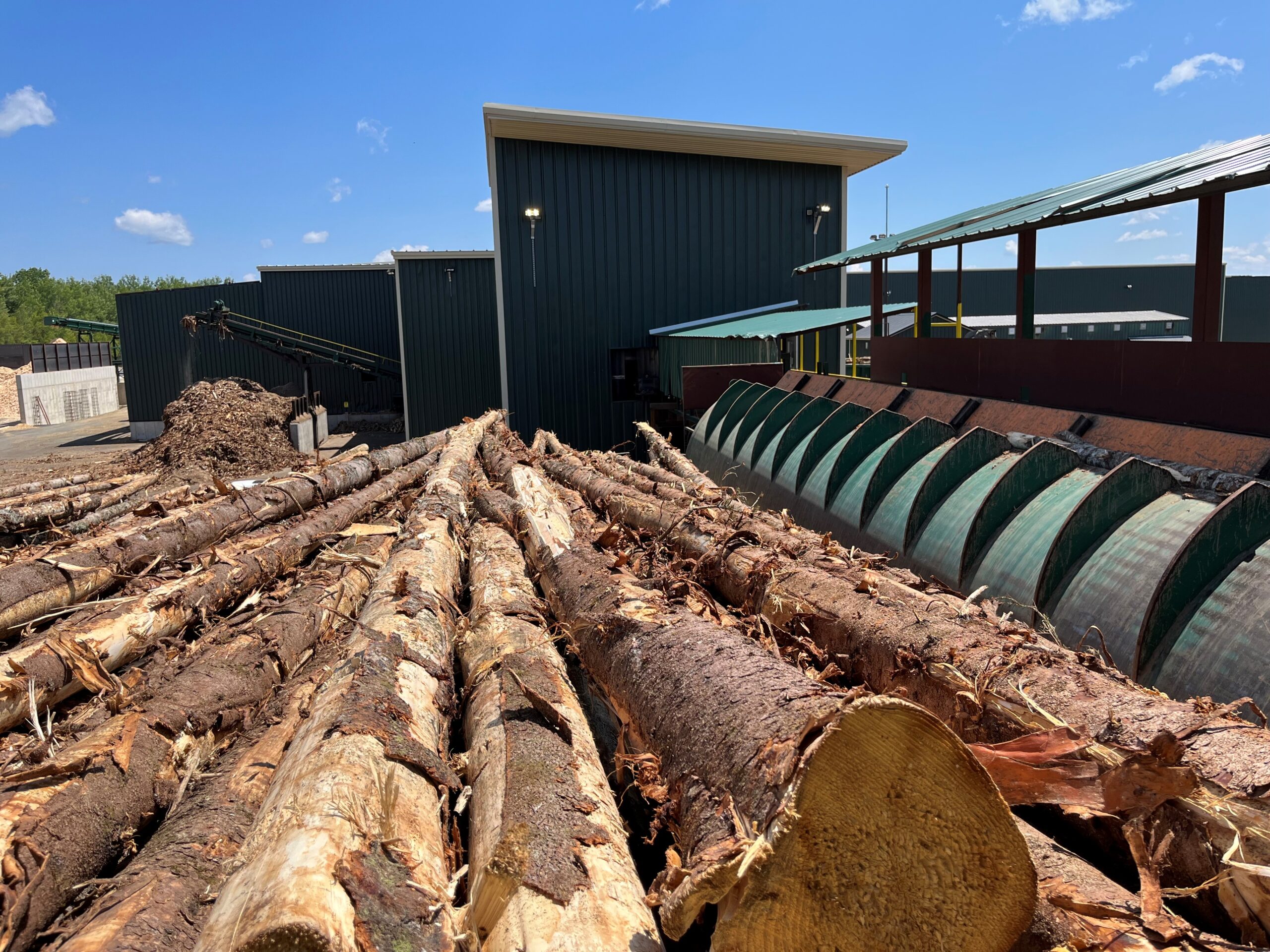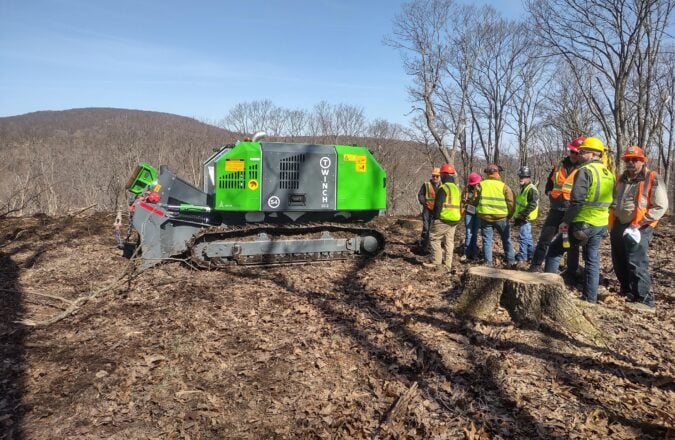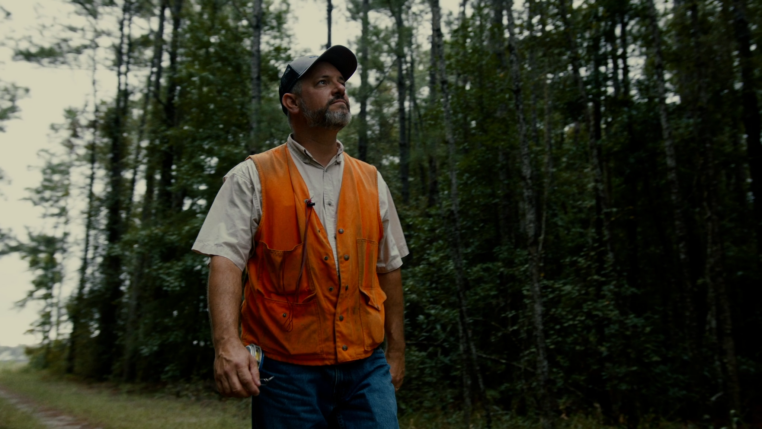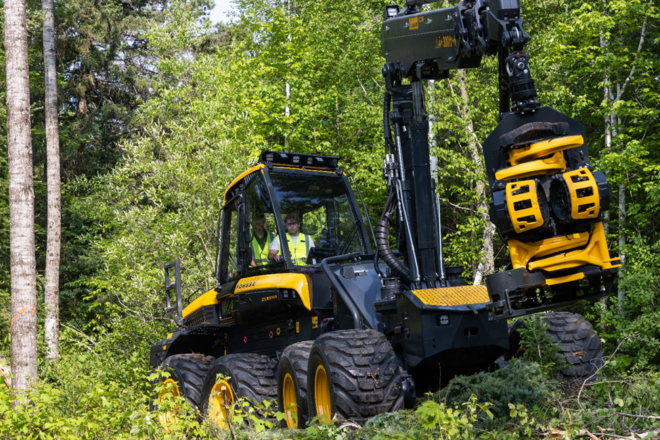Seeing How Other People Operate

A few weeks ago, I was in a meeting with a sawmill and a company that is going to co-locate on their site and use mill residuals to produce a soil amendment by manufacturing biochar. It’s a pretty interesting project, and the biochar company will be bringing new technology from Europe to the United States.
As you would expect, the meeting covered all of the regular things – location of the facility, building schedule, truck traffic in and out of the mill, construction timing, and how to make sure that the biochar facility enhanced sawmill operations and didn’t cause unnecessary challenges for the host.
Then came the discussion of commissioning the facility – turning a machine into an operating factory. The biochar company noted that a bunch of engineers and operators would be coming over from Europe to supervise the construction and commissioning and that the biochar company staff (and the sawmill staff, who will certainly have some interaction with the co-located biochar facility) will have an opportunity to learn from that process. In essence, there really wasn’t a need to send operators to Europe – the Europeans are coming here.
At that point, the mill manager made what I think was the most important observation of the day, stating, “you get a lot from seeing other people operate.” He urged a trip to Europe to see some of the operating facilities, meet with the people that worked on them every day, and find out what lessons they had learned.
In a follow-up conversation, he told me that he makes sure to visit a least one other manufacturing facility each month – often sawmills, but not always. He’s been to pulp mills, pellet mills, and even to see the Ben & Jerry’s ice cream factory in Vermont. On family vacations, he’s always looking for a manufacturing facility to let him take a tour (I can only imagine how the rest of the family feels about this).
When you go to someone else’s operation – a mill, a timber harvesting operation, a wood yard – you get invaluable insight into how they have addressed whatever challenges exist. Is there technology being deployed that helps things run smoother? Are little things done to improve operational efficiency or team communication? Every single operation has something you can learn from – both what works and what doesn’t – and there’s an enormous benefit to learning from your peers.
Forest Resources Association provides an opportunity to meet your peers – both regionally and nationally – and develop the relationships that can lead to visiting an operation. This can be someone in your sector – mill to mill, for example – or up and down the supply chain. There’s also a trove of information from FRA’s Technical Releases that provide you with the opportunity to learn from peers across the country.
This year, make it a point to visit someone else’s operation. You’ll be surprised what you can learn.


